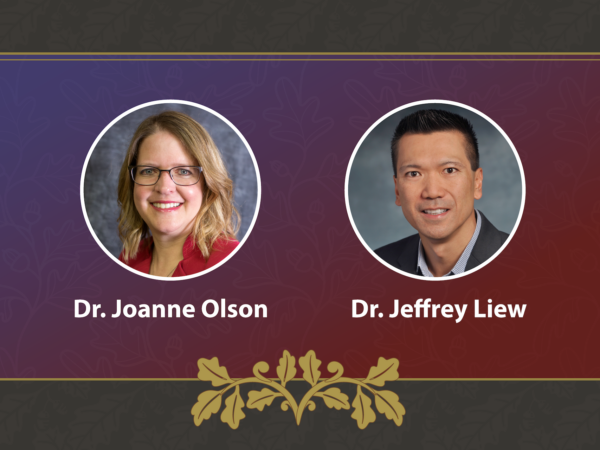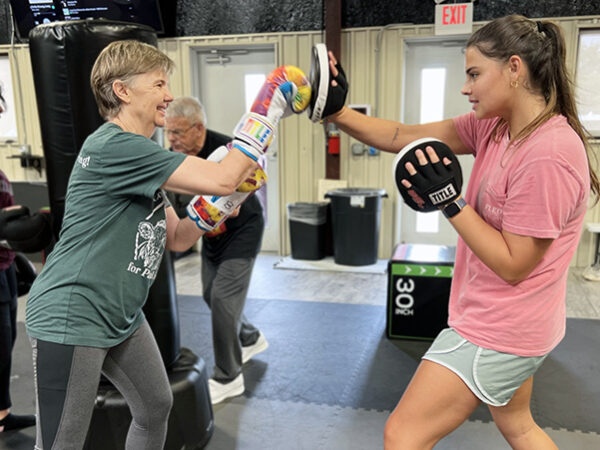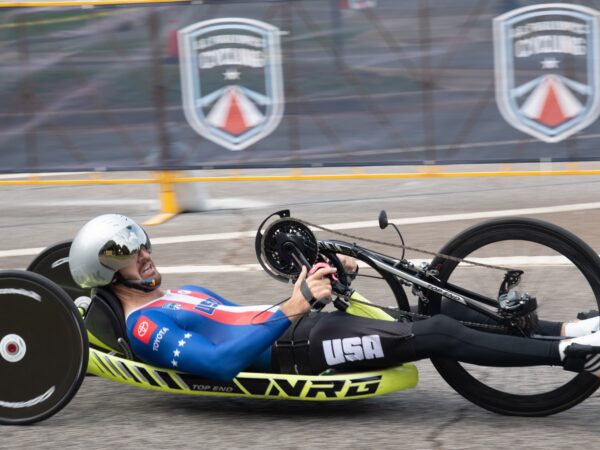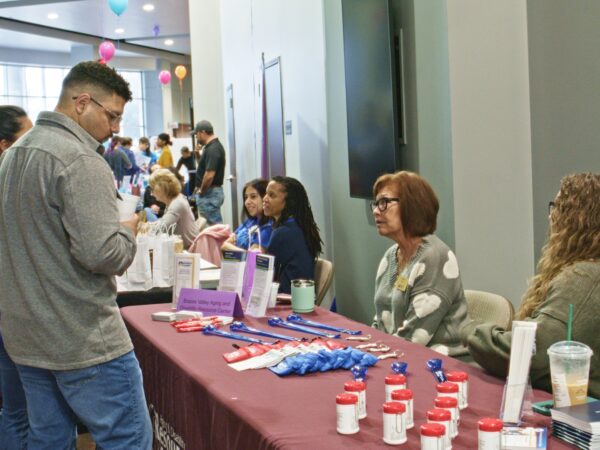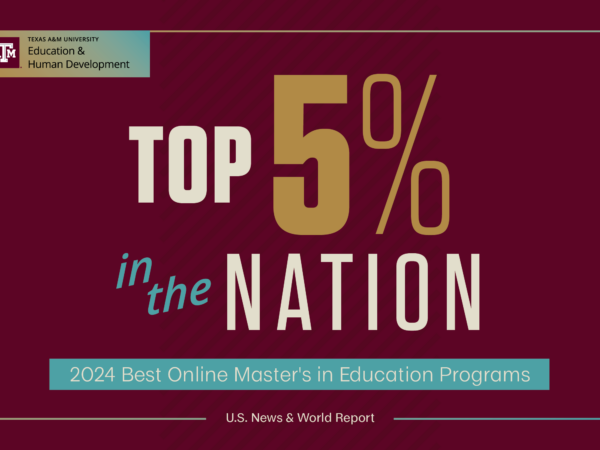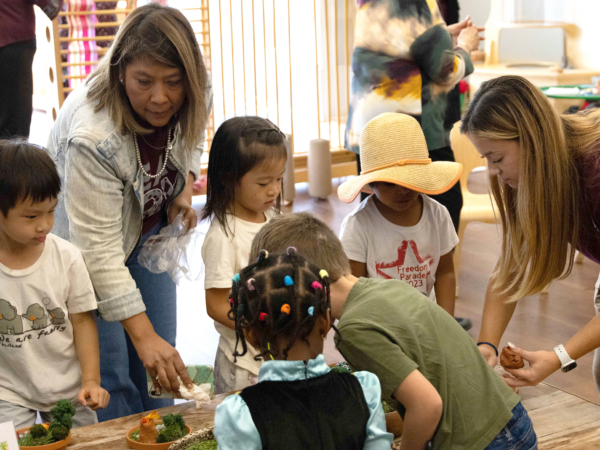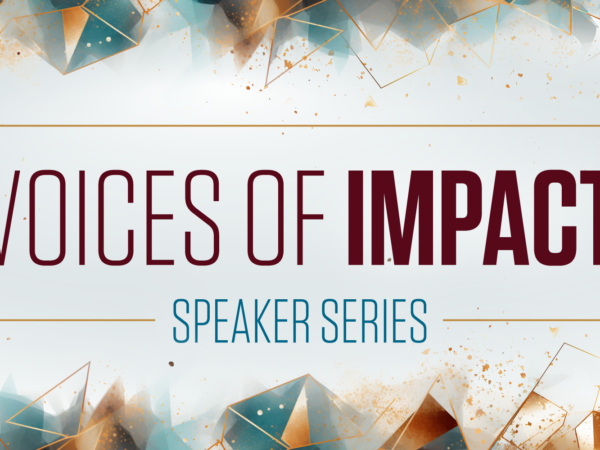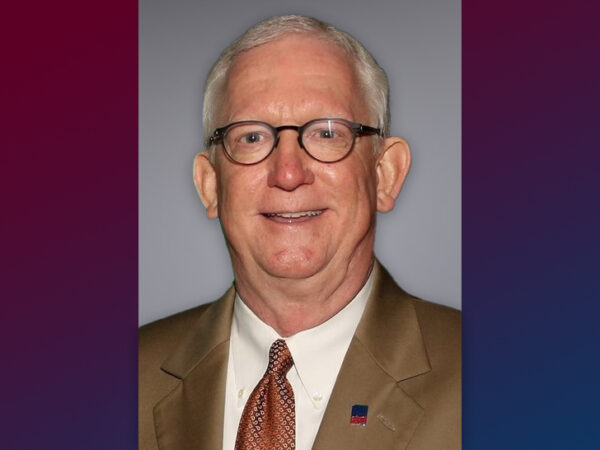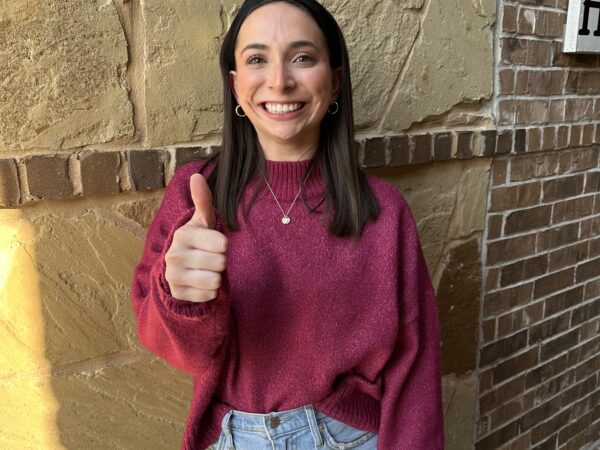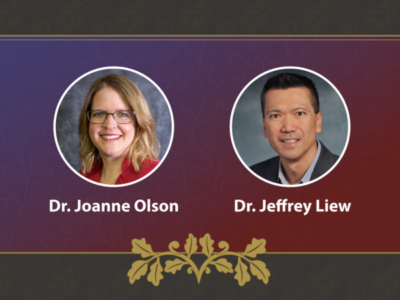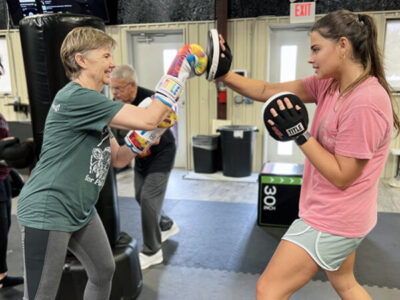Science in Silence: Teaching DHH Students
When it comes to teaching science, teachers across all grade levels struggle. What happens when you add in the extra challenge of deaf and hard of hearing students? That is a question Dr. Sara Raven sought to answer.
Raven, assistant professor of science education, knew deaf and hard of hearing children were seldom studied in terms of science education, and were underrepresented in STEM majors and fields.
While DHH students face many of the same struggles in school, especially in science, there are some challenges that impact DHH students more. One of those challenges is language deficiencies and delays. More than 90% of deaf children are born to hearing parents and nearly 75% of those parents never learn to sign.
“Lacking a shared language in the home, DHH children are less likely to be read to, experience science community resources like zoos or museums, watch science-related programming or have science-related discussions with their parents. These delays tend to compound as children progress in schools,” said Raven.
Based on standardized test scores, she found DHH students are not able to keep up with their peers – scoring 50 percent lower on these science tests.
Raven’s research found one part of the problem stems from teacher preparation in science. In trying to understand strategies used when teaching DHH students and making content more accessible, Raven found teachers are not confident in their ability to teach science. Many teachers she spoke with admitted they were not “highly qualified or certified to teach science in a general education classroom.”
“There is a shortage of teachers who are adequately prepared to teach these students and even fewer who are adequately prepared to teach science to them. When these teachers enter the classroom and begin working with deaf and hard of hearing children, their lack of science-specific training quickly becomes apparent,” said Raven.
When it came to modifying activities for their DHH students, the most common strategy involved adding visual supports and repetition. Raven sees this as both a positive and negative in the classroom.
Raven said adding visual support helps students better understand concepts, but it can also diminish literacy skills and contribute to visual cognitive overload when they also need to pay attention to ASL. Repetition is not effective if the students cannot understand the concept that is being repeated.
“The things teachers are doing to help support the students’ content acquisition is based on them having literacy understandings in the first place. If they don’t have those understandings, how can these supports help them understand the science content? They struggle,” said Raven. “The solution may lie in reducing vocabulary-heavy teaching, instead of merely supplementing, visually, and continuing to increase hands-on, minds-on science teaching in teacher education programs.”
Raven’s recommendations include instruction focused on specific supports for DHH students and deeper investigation of inquiry-based science practices. She suggests more hands-on activities, working closely with parents, and developing students’ and teachers’ understanding of scientific inquiry.
“We need to teach in more meaningful ways so that it’s not just reading a passage that vaguely connects to science and then answering questions on a worksheet,” said Raven.
Raven knows this is just the beginning. She suggests future research related to underserved student populations, later narrowing the lens to isolate issues exclusively affecting DHH students.
Read more on Raven’s research in Research in Science Education.
Watch Raven’s presentation from the 2019 Voices of Impact.
About the Writer
Ashley is the Media Relations Coordinator and responsible for news coverage in the Department of Teaching, Learning and Culture as well as the Department of Educational Psychology.
Articles by AshleyFor media inquiries, contact Ashley Green.
Fundraising
To learn more about how you can assist in fundraising, contact Amy Hurley, Director of Development ahurley@txamfoundation.com or 979-847-9455


